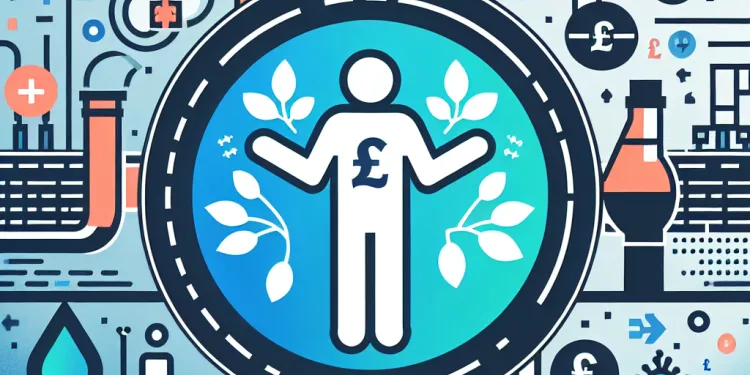
Find Help
More Items From Ergsy search
-
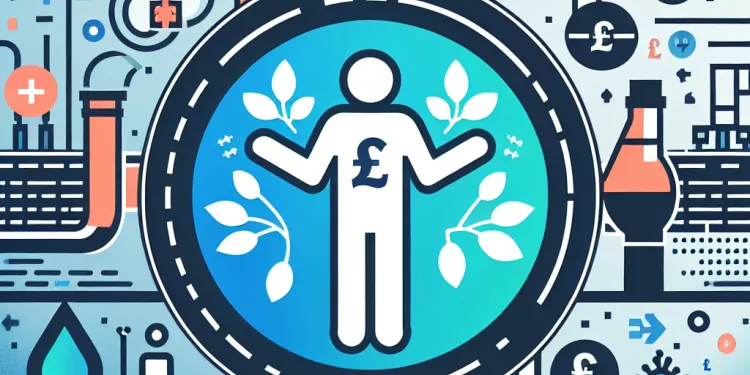
How does sewage pollution affect public health?
Relevance: 100%
-
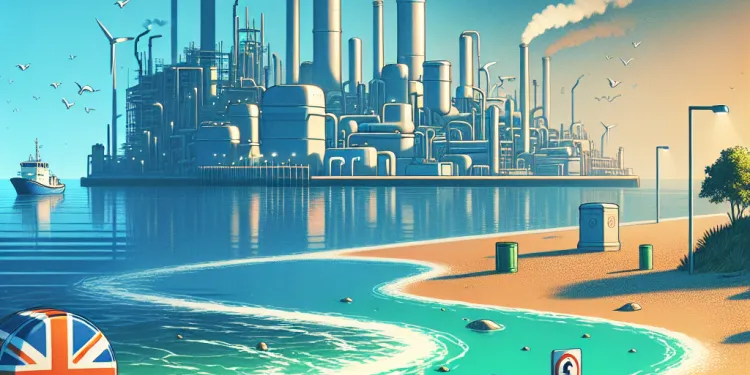
What causes sewage pollution on UK beaches?
Relevance: 80%
-
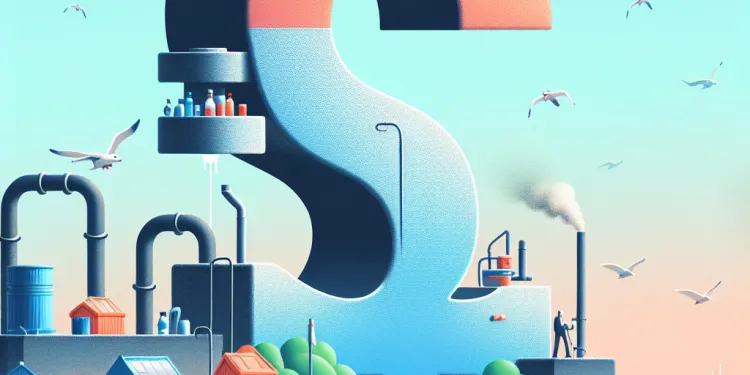
How can the public find out if a beach has sewage pollution?
Relevance: 80%
-
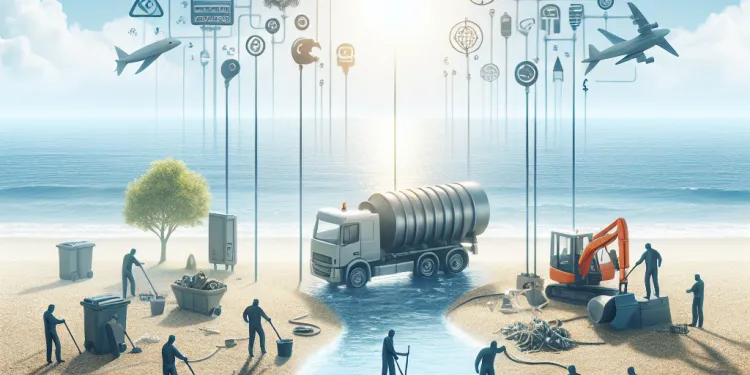
What is being done to address sewage pollution on UK beaches?
Relevance: 78%
-
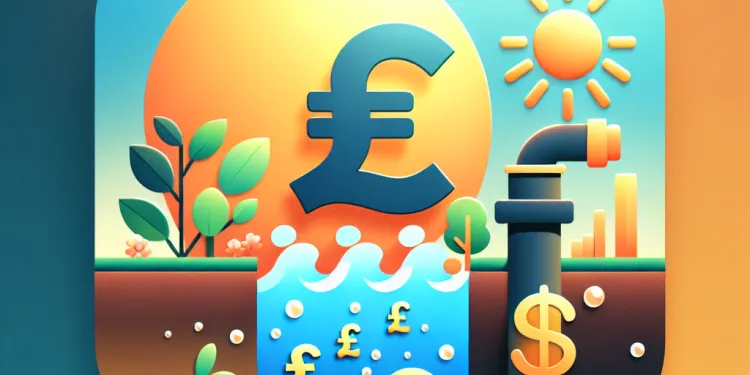
Is climate change affecting sewage pollution levels?
Relevance: 77%
-
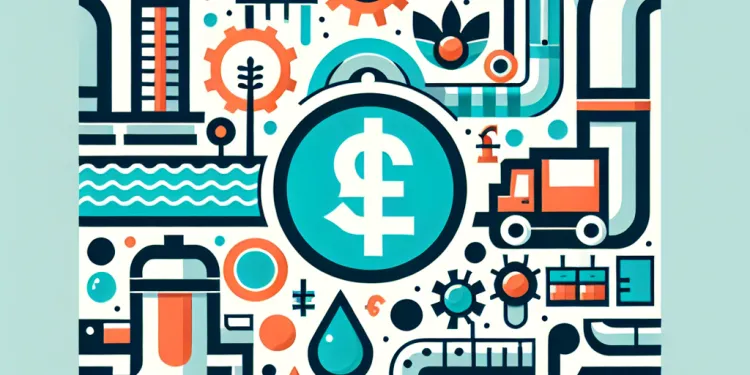
What agencies monitor and regulate sewage pollution in the UK?
Relevance: 76%
-
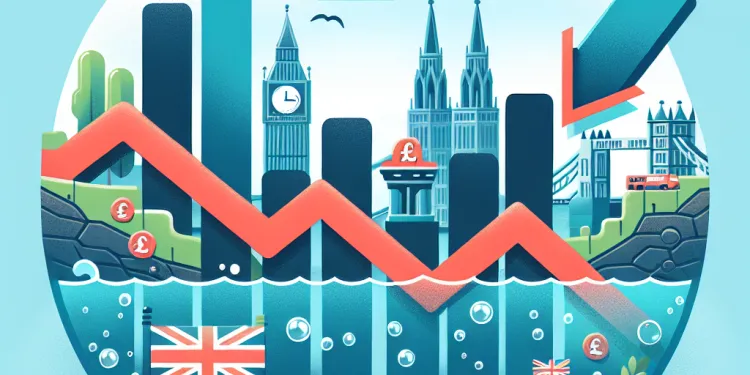
Has sewage pollution in the UK improved over recent years?
Relevance: 76%
-
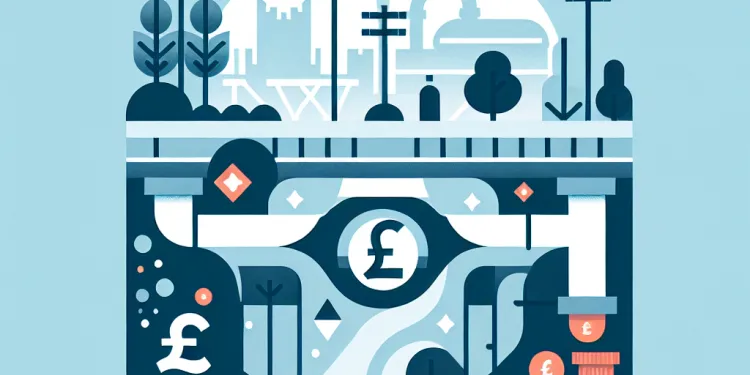
What role do water companies play in sewage pollution?
Relevance: 75%
-
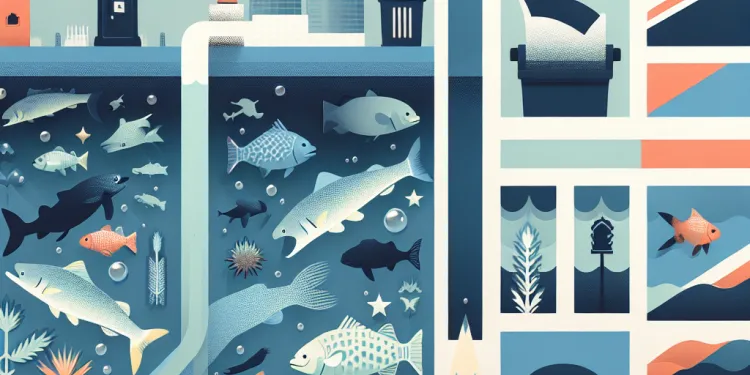
Can sewage pollution impact marine wildlife?
Relevance: 75%
-
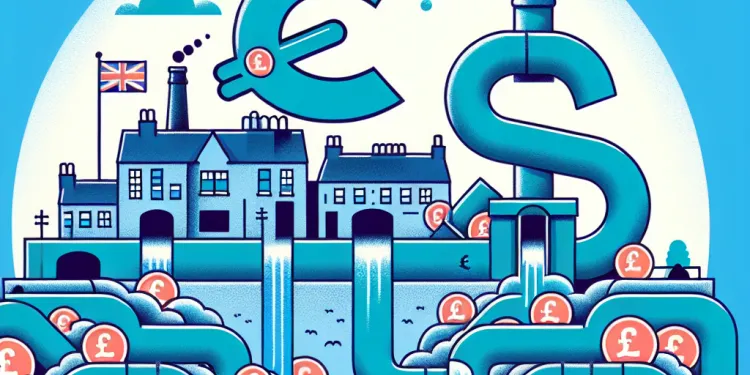
Which UK areas are most affected by sewage pollution?
Relevance: 74%
-
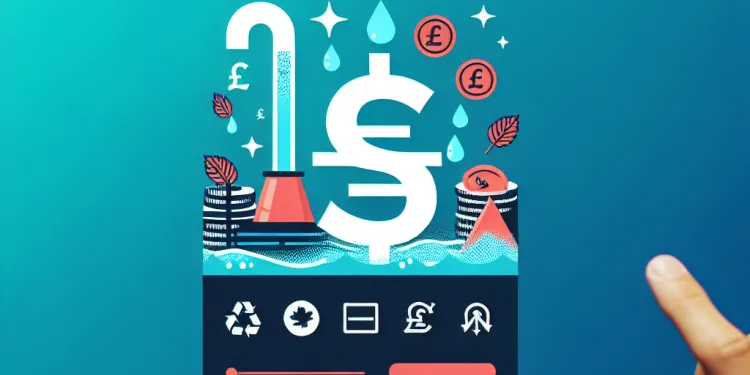
How can individuals help reduce sewage pollution?
Relevance: 73%
-
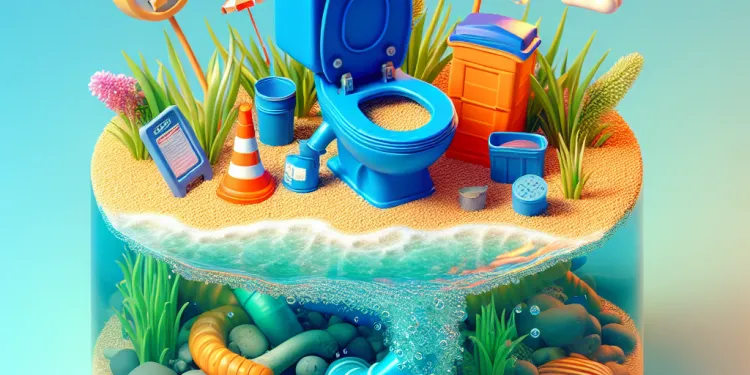
Is sewage a problem on UK beaches?
Relevance: 68%
-
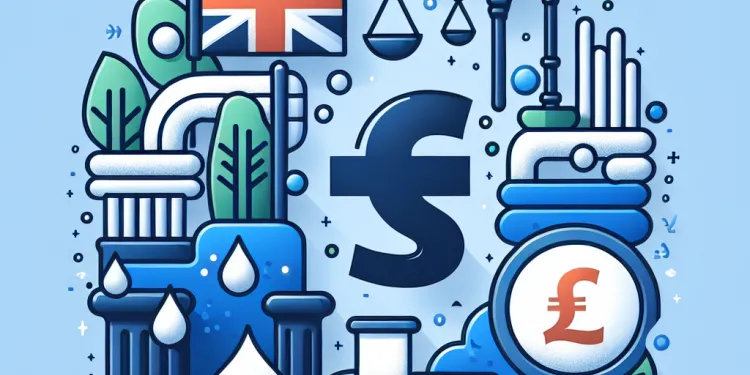
Are there legal guidelines for sewage discharge into UK waters?
Relevance: 56%
-
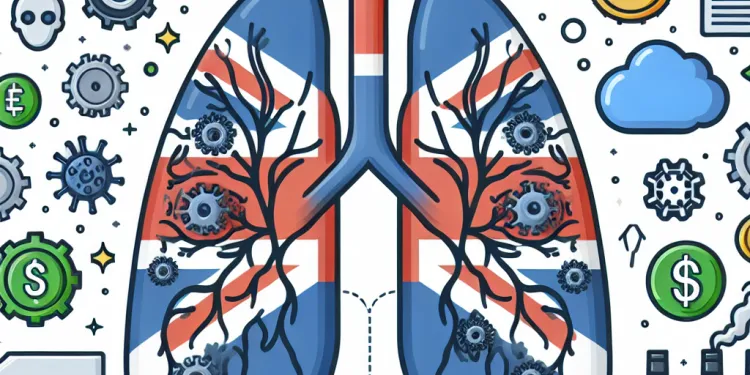
Air Pollution and Lung Cancer
Relevance: 41%
-
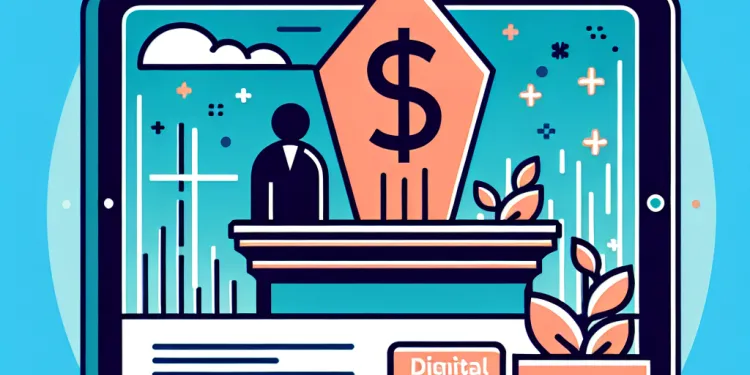
What is a public health funeral?
Relevance: 39%
-

Where can I find research studies on air pollution and asthma in my area?
Relevance: 38%
-

High Air Pollution Levels Linked to Rising Cases of Respiratory Issues
Relevance: 37%
-
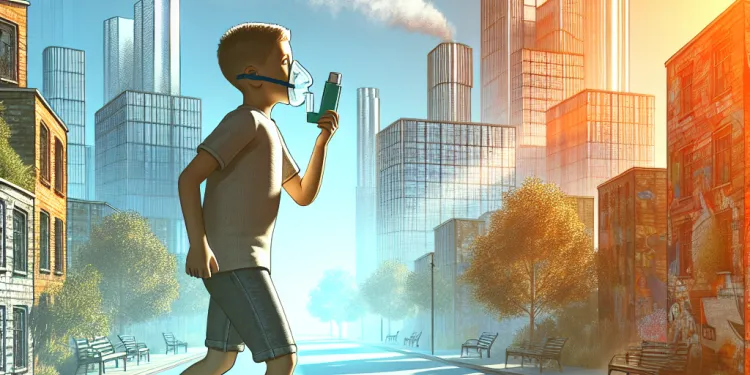
Rise in Childhood Asthma Linked to Air Pollution in Urban Areas
Relevance: 37%
-
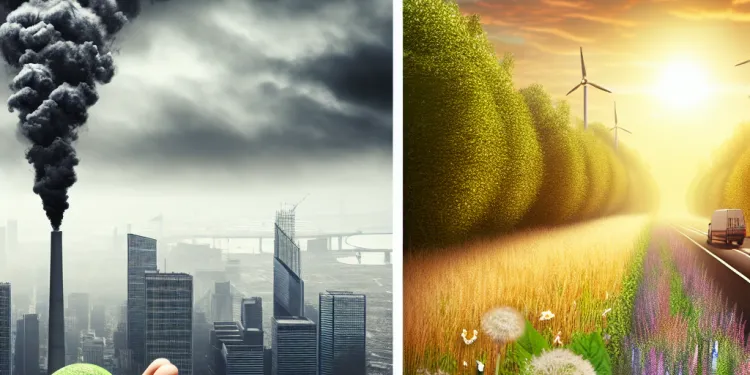
How does air pollution affect asthma?
Relevance: 36%
-

Where can I find information on air pollution and its effect on Asthma for my local area?
Relevance: 34%
-

What public health measures are important for managing the plague?
Relevance: 32%
-
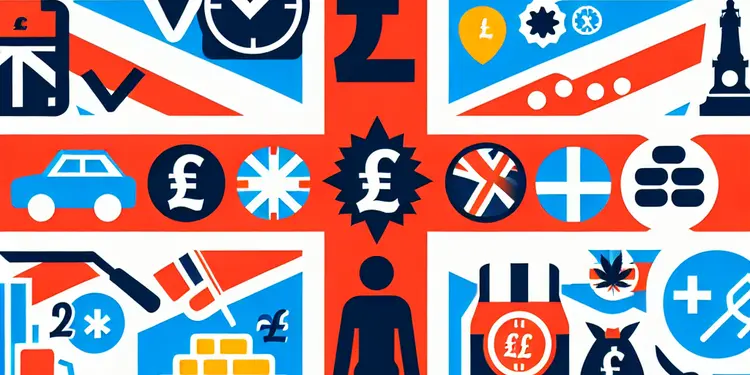
How does the sugar tax align with public health strategies?
Relevance: 32%
-

What are some common pollutants that affect asthma sufferers in urban areas?
Relevance: 31%
-
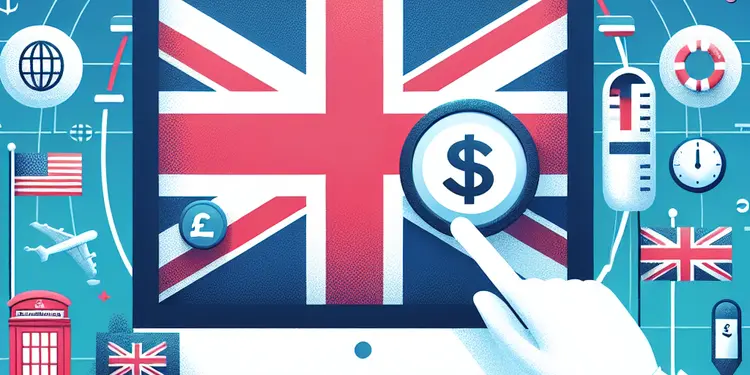
What impact does leaving WHO have on US public health policy?
Relevance: 30%
-
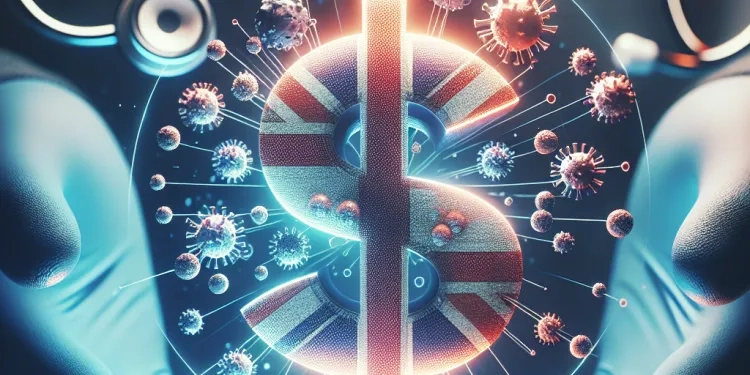
Why are Nipah Virus outbreaks considered a public health concern?
Relevance: 29%
-
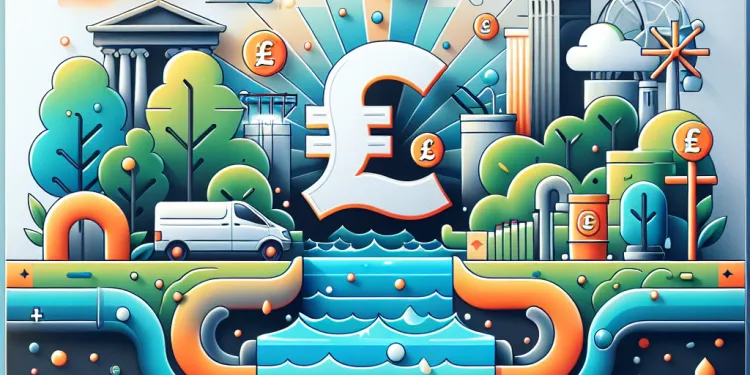
What is a Combined Sewer Overflow (CSO)?
Relevance: 28%
-
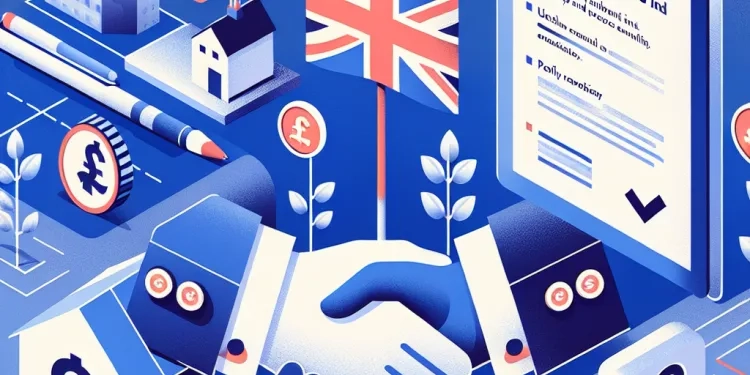
Is there a difference in responsibility between public and private land?
Relevance: 27%
-

What local organizations provide information on air pollution and asthma?
Relevance: 25%
-

What local organizations provide information on air pollution and asthma?
Relevance: 25%
-

Where can I find general information about air pollution and asthma?
Relevance: 25%
-
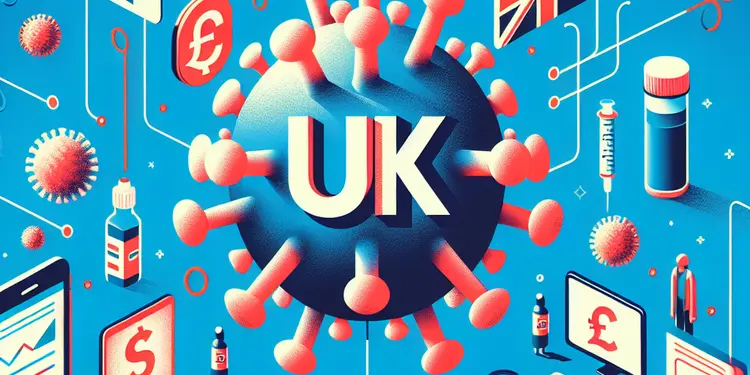
What role do public health organizations play in managing Super Flu?
Relevance: 24%
-

What role do public health measures play in controlling the flu season?
Relevance: 24%
-

How can I reduce my exposure to air pollution if I have asthma?
Relevance: 24%
-
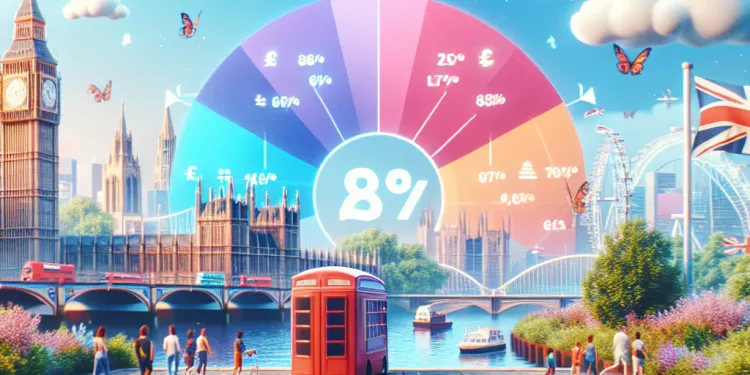
Is UK air quality changing?
Relevance: 23%
-
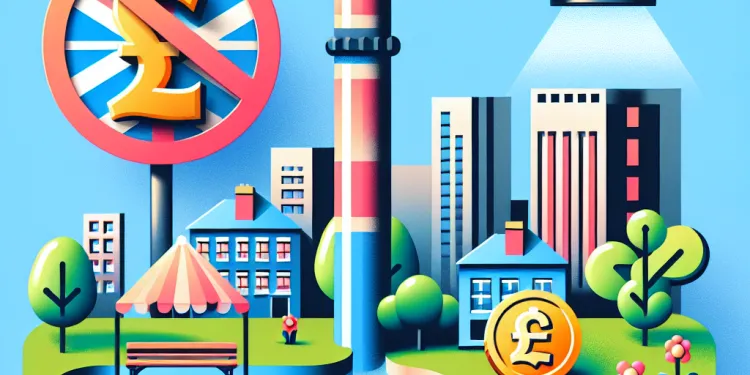
Do hosepipe bans apply to public parks and gardens?
Relevance: 23%
-
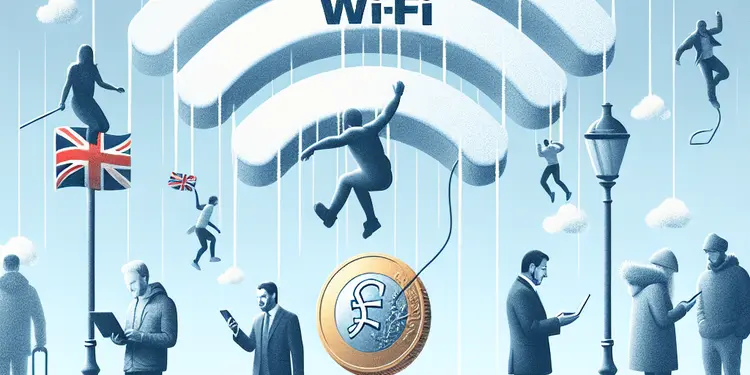
What are the risks of using public Wi-Fi?
Relevance: 23%
-
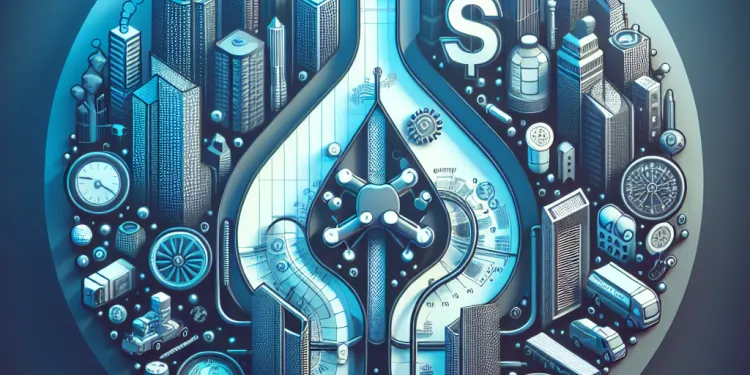
UK Study Links Poor Air Quality to Increased Asthma Cases in Urban Areas
Relevance: 22%
-
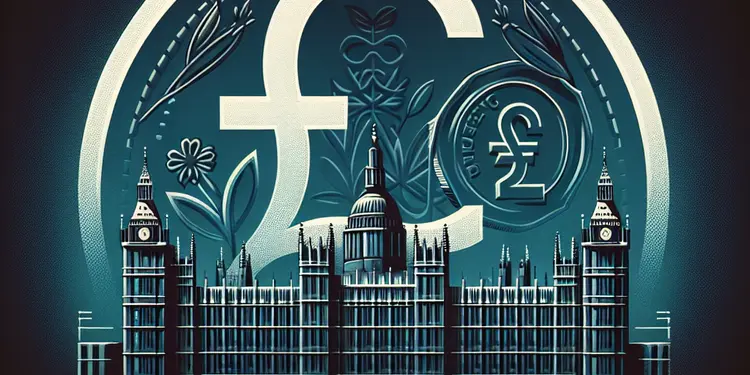
Is public safety a consideration in indefinite sentencing?
Relevance: 22%
-
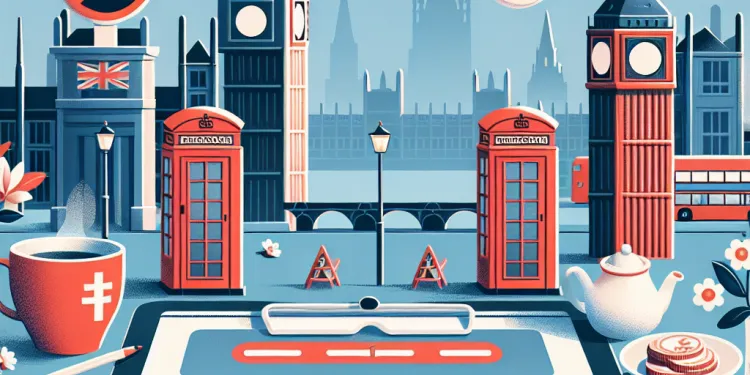
Why is there a call for public consultation regarding the cuts?
Relevance: 22%
-

Is it safe to use public Wi-Fi to check my email?
Relevance: 22%
Sewage Pollution and Its Impact on Public Health
Introduction
Sewage pollution poses significant threats to public health, particularly in developed countries like the UK with extensive urban areas. Contaminated water can serve as a breeding ground for harmful microorganisms, leading to various health issues among communities. Understanding how sewage pollution affects public health is vital for developing effective strategies to mitigate its impacts.Waterborne Diseases
One of the most direct effects of sewage pollution is the spread of waterborne diseases. When sewage leaks into water supplies, it can introduce pathogens such as E. coli, giardia, and cholera, which cause illnesses ranging in severity from mild gastroenteritis to serious, life-threatening conditions. In the UK, while major outbreaks are rare, localized contamination can still lead to significant health issues.Environmental Contamination
Sewage pollution is not limited to water bodies; it also affects soil and air quality. Contaminants from sewage can seep into the ground, affecting soil quality and, subsequently, agricultural produce. Moreover, volatile organic compounds and other hazardous chemicals can become airborne, contributing to air pollution and respiratory problems. This environmental degradation not only affects current populations but also has long-term consequences for ecosystem health.Antibiotic Resistance
The presence of antibiotics in sewage, often flushed from domestic sources, contributes to antibiotic resistance, a pressing global health threat. When bacteria in sewage are exposed to low levels of antibiotics, they can evolve resistance, rendering standard treatments ineffective. Antibiotic-resistant infections are becoming increasingly challenging to treat, posing a significant risk to public health in the UK and beyond.Impact on Mental Health
Sewage pollution can indirectly affect mental health by impacting the quality of life and well-being. Concerns about water safety or the negative impact on community environments can lead to anxiety, stress, and a decline in mental health. Public awareness of potential health risks can exacerbate these feelings, highlighting the need for transparent communication and reassurance from health authorities.Conclusion
Sewage pollution presents a multifaceted threat to public health, affecting physical health through disease and contamination, and mental health through stress and anxiety. Addressing these issues requires robust infrastructure, stringent regulations, and public education to reduce pollution and its adverse effects on communities in the UK. Ensuring clean water and a healthy environment is crucial for safeguarding public health now and in the future.Sewage Pollution and How It Affects Our Health
Introduction
Sewage pollution is when dirty water from toilets or drains gets into places it shouldn't be. This can make people sick, especially in big cities. It's important to know how sewage pollution hurts our health so we can find ways to make it safer for everyone.Sickness from Dirty Water
Sewage pollution can make people sick by spreading germs. When dirty water mixes with clean water, it can carry harmful germs like E. coli and cholera. These germs can make people very sick or give them a tummy ache. In the UK, big sickness outbreaks don't happen often, but pollution can still make some people in an area sick.Dirty Land and Air
Sewage pollution doesn't just affect water. It can also make our soil and air dirty. Dirty water can soak into the ground, and this can make the soil and food grown in it unsafe. Bad chemicals can also go into the air, making it harder to breathe. This not only affects people today but can hurt the environment for a long time.Resistance to Medicine
Sometimes, medicines we take end up in sewage. When germs in dirty water get used to these medicines, they can change and become stronger. This makes it hard for doctors to cure infections because normal medicines don’t work as well. This is a big worry for keeping people healthy.Feelings and Sewage Pollution
Worrying about sewage can also affect how people feel. If people are unsure if their water is safe, or if their neighborhood is not clean, they might feel stressed or anxious. It's important for health officials to talk clearly and calm people's fears to help everyone feel better.Conclusion
Sewage pollution is a problem that can make people physically sick and worried. To keep people healthy, we need good systems to manage sewage, strong rules, and to teach people how to stay safe. Clean water and a clean environment are important for keeping us all healthy now and in the future.Frequently Asked Questions
What is sewage pollution?
Sewage pollution refers to the contamination of the environment by untreated or inadequately treated sewage, resulting in harmful effects on ecosystems and human health.
How does sewage pollution affect drinking water?
Sewage pollution can contaminate sources of drinking water with pathogens, heavy metals, and other pollutants, increasing the risk of waterborne diseases.
What health problems can result from exposure to sewage-polluted water?
Exposure to sewage-polluted water can cause gastrointestinal diseases, skin infections, respiratory issues, and more severe illnesses like cholera and hepatitis.
Are children more susceptible to health issues from sewage pollution?
Yes, children are more vulnerable to illnesses from sewage pollution due to their still-developing immune systems and tendency to engage in activities that increase exposure.
Can sewage pollution impact mental health?
Yes, living in areas with frequent sewage pollution can lead to stress, anxiety, and other mental health concerns due to the associated health risks and community impact.
How does sewage pollution affect recreational waters?
Sewage pollution can make recreational waters unsafe for activities like swimming or fishing due to the risk of infection from pathogens or exposure to toxins.
What are common pathogens found in sewage-polluted water?
Common pathogens include bacteria like E. coli, viruses such as norovirus, and parasites like Giardia and Cryptosporidium, which can cause various infections.
How can sewage pollution impact local communities?
Local communities might face increased healthcare costs, reduced property values, and disruption of local businesses, especially those reliant on clean water for operations.
What role do sewer overflows play in sewage pollution?
Sewer overflows occur when sewage systems become overwhelmed, often during heavy rainfall, causing sewage to be discharged into nearby water bodies, leading to pollution.
How does sewage pollution affect biodiversity?
Sewage pollution can harm aquatic life by depleting oxygen levels, introducing harmful chemicals, and disrupting ecosystems, leading to loss of biodiversity.
What measures can be taken to mitigate sewage pollution?
Improving sewage treatment infrastructure, reducing stormwater runoff, and implementing combined sewage overflow systems are key measures to mitigate sewage pollution.
Is sewage pollution a problem in the UK?
Yes, sewage pollution is a concern in the UK, particularly with aging sewer infrastructure and challenges in managing stormwater and wastewater effectively.
Can septic systems contribute to sewage pollution?
Improperly maintained or faulty septic systems can leak and contribute to groundwater and surface water contamination, leading to sewage pollution.
How does sewage pollution impact agriculture?
Contaminated water used for irrigation can introduce pathogens and chemicals into crops, affecting food safety and public health.
What public health policies are in place to address sewage pollution?
Policies focus on enhancing sewage treatment infrastructure, enforcing discharge regulations, monitoring water quality, and educating the public on pollution prevention.
What is sewage pollution?
Sewage pollution happens when dirty water goes into lakes, rivers, or the sea. This dirty water comes from homes, schools, and factories. It has things like toilet waste, soap, and food bits in it.
It makes the water dirty and can harm fish and plants. It’s important to keep water clean.
To understand sewage pollution better, you can use pictures and simple videos. Try reading with a friend or family member who can help you learn.
Sewage pollution happens when dirty water from toilets, sinks, and drains is not cleaned properly before it goes back into the environment. This can hurt animals, plants, and people.
What happens to drinking water if sewage gets in?
Sewage pollution can make our drinking water dirty. It can carry germs, heavy metals, and other bad things. This can make us sick if we drink the water.
What health problems can happen if you touch dirty water?
Being around dirty water with sewage can make you sick. It can give you tummy bugs, skin rashes, breathing problems, and even serious illnesses like cholera and hepatitis.
Can sewage pollution make children sick more easily?
Sewage pollution can make dirty water. Dirty water can make people sick. Children often get sick from dirty water more easily than adults.
Some tips to keep safe:
- Wash hands often
- Drink clean water
- Tell an adult if you see dirty water
Yes, children can get sick more easily from dirty water. Their bodies are still growing, and they play in ways that might get them too close to this dirty water.
Can dirty water make us feel bad?
Sometimes, dirty water can harm our mood or feelings. When water is not clean, it can make people worry. This worry can lead to feeling sad or stressed.
To feel better, try talking to someone you trust, like a parent or teacher. Taking deep breaths and going for a walk can also help us feel calm.
Yes, living in places with dirty water problems can make people feel worried and stressed about getting sick. It also affects how people in the area feel.
It can help to talk to others about how you feel. Drawing pictures or writing in a journal can help too. You can also ask a trusted adult for help.
What happens to places we swim when sewage makes them dirty?
Sewage is the waste water that comes from toilets, sinks, and drains. When sewage gets into the places where we swim or play in water, it makes the water dirty.
Dirty water from sewage can make people sick. It might cause stomach aches, skin rashes, or other health problems.
To stay safe, it's good to avoid swimming in places with sewage pollution. You can ask an adult if you are unsure about the water.
Using filters or swim in areas where the water is tested can help keep you safe.
Sewage pollution can make water unsafe. This means it is not safe for fun activities like swimming or fishing. You could get sick from germs in the water or be harmed by bad chemicals.
What germs are in dirty water from toilets?
Here are some ideas:
- Use simple words.
- Use short sentences.
- Look at pictures to help understand.
Some germs can make us sick. These germs include tiny bacteria like E. coli, viruses like norovirus, and little creatures called parasites, such as Giardia and Cryptosporidium. They can cause different kinds of infections.
What happens to local communities when sewage makes water dirty?
Sewage can make water dirty. This can cause problems for people who live nearby.
Dirty water can make people sick. It can also hurt fish and animals that live in the water.
Local communities may have trouble using the water for cooking, cleaning, or swimming.
Some tools that can help are:
- Using water filters to make the water cleaner.
- Teaching people how to keep water clean.
- Making sure sewage goes to the right place.
People in the area might have to pay more for going to the doctor. Houses might not be worth as much money. Some local shops, especially ones that need clean water, might have problems.
How do sewer overflows cause water pollution?
Sewer overflows happen when too much water goes into the sewer system. This can happen because of heavy rain.
When this happens, dirty water might spill out and go into rivers or the sea.
This can make the water dirty and unsafe.
We should stop this to keep water clean and protect animals and people.
One way to help is to use tools that store extra water. These are called storage tanks.
Sewer overflows happen when there is too much rain. This makes the sewer system too full. When this happens, dirty water from toilets can spill into rivers or lakes. This makes the water dirty and polluted.
How does dirty water hurt animals and plants?
Sewage pollution is bad for fish and plants in the water. It takes away oxygen they need to live. It can also bring in harmful chemicals. This disrupts their homes and can make some animals and plants disappear.
How can we stop sewage pollution?
Sewage pollution is when dirty water goes into rivers, lakes, or the sea.
Here are some ways to stop it:
- Do not throw rubbish or chemicals down the toilet or sink.
- Make sure factories clean their water before letting it out.
- Fix leaks in pipes quickly.
- Use less water when you can.
Need help understanding? Try using pictures or asking someone to explain.
We can help stop sewage pollution in these ways:
- Make sewage treatment systems better.
- Stop rainwater from washing dirty things into rivers and seas.
- Use systems that mix rainwater with sewage, so it doesn’t overflow and cause pollution.
Tools like pictures or videos can help people understand these solutions better. Watching simple lessons about how water and sewage work can also be helpful.
Is dirty water a problem in the UK?
Sometimes, dirty water from toilets and drains goes into rivers and seas. This can be a problem in the UK.
Dirty water can make our rivers and seas unsafe. It can hurt animals, plants, and people.
If you want to learn more, you can:
- Ask a teacher or adult to help explain.
- Look at simple pictures or videos about water and pollution.
Yes, sewage pollution is a worry in the UK. This is because the pipes that carry the sewage are old and sometimes do not work well. Also, when there is a lot of rain, it can be hard to manage all the water and waste.
Do septic systems add to water pollution?
Septic systems can cause water pollution if they are not working right. When a septic system breaks, waste can get into the water and make it dirty.
To help understand how a septic system works, you can use pictures or diagrams. You can also ask someone to explain it to you.
If a septic system is broken or not taken care of, it can leak. This makes the water in the ground and on top dirty. Dirty water is called sewage pollution.
How does dirty water affect farming?
Dirty water from toilets and factories can go into rivers and soil.
This dirty water can make the plants we eat not safe. It can also harm animals that help farms, like bees.
Farmers need clean water to grow healthy food for everyone.
Using simple tools like water filters can help clean the water.
Dirty water used to water plants can have germs and bad chemicals. This can make the food not safe to eat and can make people sick.
How do we stop sewage from making us sick?
Sewage can make people sick if it gets into our water. There are rules and plans to help keep us safe. Here are some ways we do that:
- Clean water: We make sure our water is clean enough to drink and use.
- Safe sewers: We build and fix pipes so they don't leak dirty water.
- Check-ups: Experts test the water to make sure it's safe.
- Information: People learn how to stay safe from dirty water.
If you need help with reading, try using text-to-speech tools to listen to the words.
The government wants to make our water clean. They want to make sure sewage (dirty water) is cleaned well before it goes back into our rivers or the sea. They have rules about this. They also check that the water stays clean. They teach people how to stop water from getting dirty. Here are some ways to help understand:
- Use simple language when talking about water cleaning.
- Use pictures to show how clean and dirty water are different.
- Ask someone to explain if you don't understand.
- Look for videos or stories about water cleaning.
Useful Links
Have you found an error, or do you have a link or some information you would like to share? Please let us know using the form below.
-->
This website offers general information and is not a substitute for professional advice.
Always seek guidance from qualified professionals.
If you have any medical concerns or need urgent help, contact a healthcare professional or emergency services immediately.
Some of this content was generated with AI assistance. We’ve done our best to keep it accurate, helpful, and human-friendly.
- Ergsy carfully checks the information in the videos we provide here.
- Videos shown by Youtube after a video has completed, have NOT been reviewed by ERGSY.
- To view, click the arrow in centre of video.
- Most of the videos you find here will have subtitles and/or closed captions available.
- You may need to turn these on, and choose your preferred language.
- Go to the video you'd like to watch.
- If closed captions (CC) are available, settings will be visible on the bottom right of the video player.
- To turn on Captions, click settings .
- To turn off Captions, click settings again.
More Items From Ergsy search
-

How does sewage pollution affect public health?
Relevance: 100%
-

What causes sewage pollution on UK beaches?
Relevance: 80%
-

How can the public find out if a beach has sewage pollution?
Relevance: 80%
-

What is being done to address sewage pollution on UK beaches?
Relevance: 78%
-

Is climate change affecting sewage pollution levels?
Relevance: 77%
-

What agencies monitor and regulate sewage pollution in the UK?
Relevance: 76%
-

Has sewage pollution in the UK improved over recent years?
Relevance: 76%
-

What role do water companies play in sewage pollution?
Relevance: 75%
-

Can sewage pollution impact marine wildlife?
Relevance: 75%
-

Which UK areas are most affected by sewage pollution?
Relevance: 74%
-

How can individuals help reduce sewage pollution?
Relevance: 73%
-

Is sewage a problem on UK beaches?
Relevance: 68%
-

Are there legal guidelines for sewage discharge into UK waters?
Relevance: 56%
-

Air Pollution and Lung Cancer
Relevance: 41%
-

What is a public health funeral?
Relevance: 39%
-

Where can I find research studies on air pollution and asthma in my area?
Relevance: 38%
-

High Air Pollution Levels Linked to Rising Cases of Respiratory Issues
Relevance: 37%
-

Rise in Childhood Asthma Linked to Air Pollution in Urban Areas
Relevance: 37%
-

How does air pollution affect asthma?
Relevance: 36%
-

Where can I find information on air pollution and its effect on Asthma for my local area?
Relevance: 34%
-

What public health measures are important for managing the plague?
Relevance: 32%
-

How does the sugar tax align with public health strategies?
Relevance: 32%
-

What are some common pollutants that affect asthma sufferers in urban areas?
Relevance: 31%
-

What impact does leaving WHO have on US public health policy?
Relevance: 30%
-

Why are Nipah Virus outbreaks considered a public health concern?
Relevance: 29%
-

What is a Combined Sewer Overflow (CSO)?
Relevance: 28%
-

Is there a difference in responsibility between public and private land?
Relevance: 27%
-

What local organizations provide information on air pollution and asthma?
Relevance: 25%
-

What local organizations provide information on air pollution and asthma?
Relevance: 25%
-

Where can I find general information about air pollution and asthma?
Relevance: 25%
-

What role do public health organizations play in managing Super Flu?
Relevance: 24%
-

What role do public health measures play in controlling the flu season?
Relevance: 24%
-

How can I reduce my exposure to air pollution if I have asthma?
Relevance: 24%
-

Is UK air quality changing?
Relevance: 23%
-

Do hosepipe bans apply to public parks and gardens?
Relevance: 23%
-

What are the risks of using public Wi-Fi?
Relevance: 23%
-

UK Study Links Poor Air Quality to Increased Asthma Cases in Urban Areas
Relevance: 22%
-

Is public safety a consideration in indefinite sentencing?
Relevance: 22%
-

Why is there a call for public consultation regarding the cuts?
Relevance: 22%
-

Is it safe to use public Wi-Fi to check my email?
Relevance: 22%


